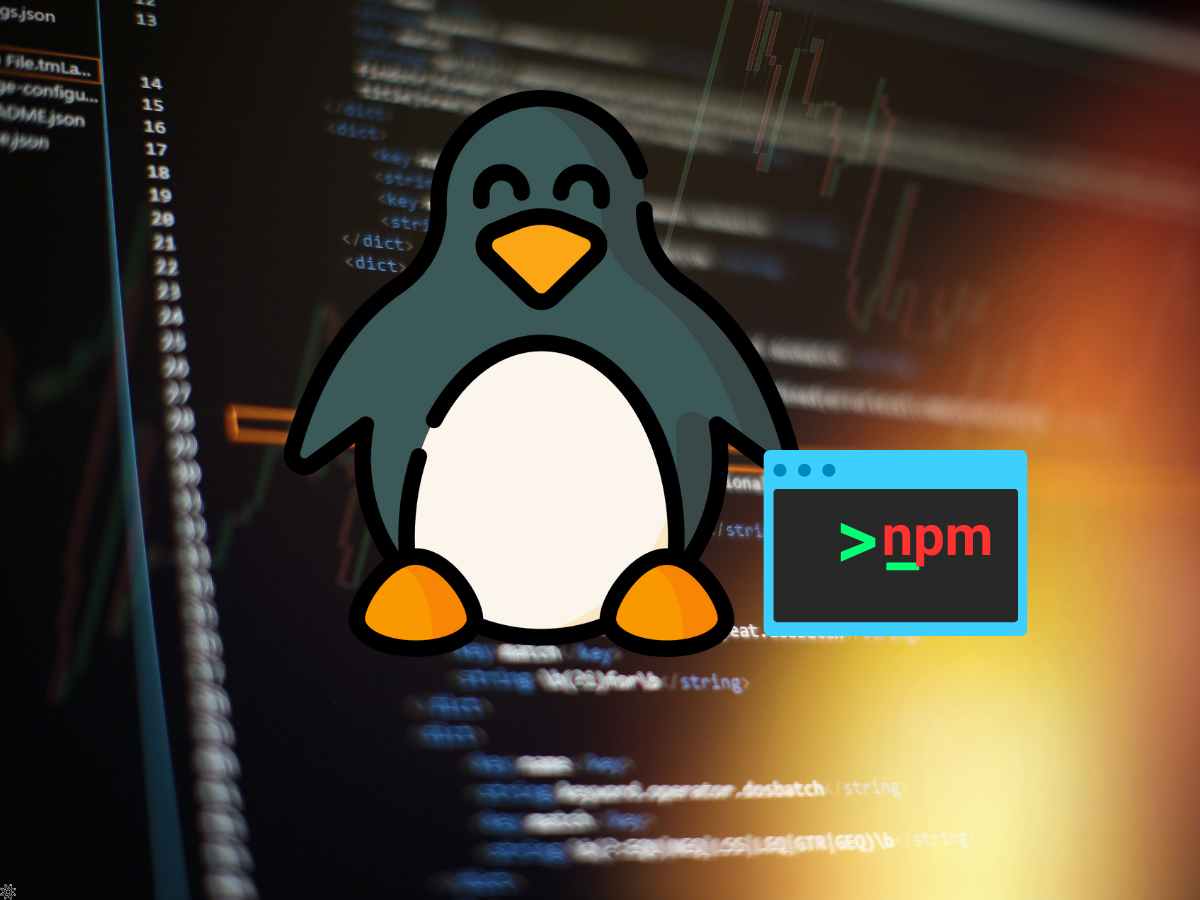The Paris 2024 Olympics, apart from being a global event of athletic display, also became a hive for cybercriminal activities. With millions of fans, sports enthusiasts, and tourists excited for the big event, it came as a golden opportunity for cybercriminals to target and exploit both individuals and organizations.
While experts had already warned about the increase in cyberattacks ahead of the Olympics and the French government cyber security agency ANSSI had their guards up, it still didn’t deter malicious actors from taking their chances during the event.
A report released by BforeAI revealed discovering 166 unique domains “that leveraged on the common signs of DNS abuse such as keyword stuffing, typosquatting, and known top-level domains (TDLs) often used for phishing.” The domains were used to mimic various brands associated with the Olympics and perform financial scams.
Many fans and enthusiasts also fell victim to counterfeit sites selling tickets for the Paris Olympics. Not only did these sites help in harvesting the credentials of the targets, but they also extracted other PII and credit card details that the users would enter to buy the tickets.
A surge in crypto scams was also observed during this period where malicious actors tried to market scam cryptocurrency coins. This is not the first case where a high-profile event has been targeted. As reported by BforeAI, the FIFA World Cup also witnessed a similar situation where the event was targeted to promote crypto schemes.
Post conclusion of the Olympics, French authorities confirmed to record a total of 141 cyber incidents during the event, out of which 119 were low impact and 22 were of a successful breach. The targets of these attacks include government agencies, transport and telecom infrastructure. A third of the total incidents were downtime, more than half of which were caused by DoS (Denial of Service) attacks, stated ANSII.
The surge in cyber scams highlights the importance of awareness and knowledge to protect oneself and also solidifies the importance of robust cybersecurity measures in the ever-growing technical world, especially during large-scale global events.
How Paris Olympics Became a Treat for Cyber Scammers
StratosAlly






